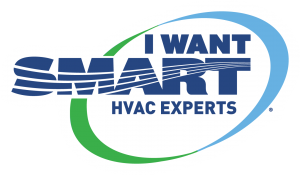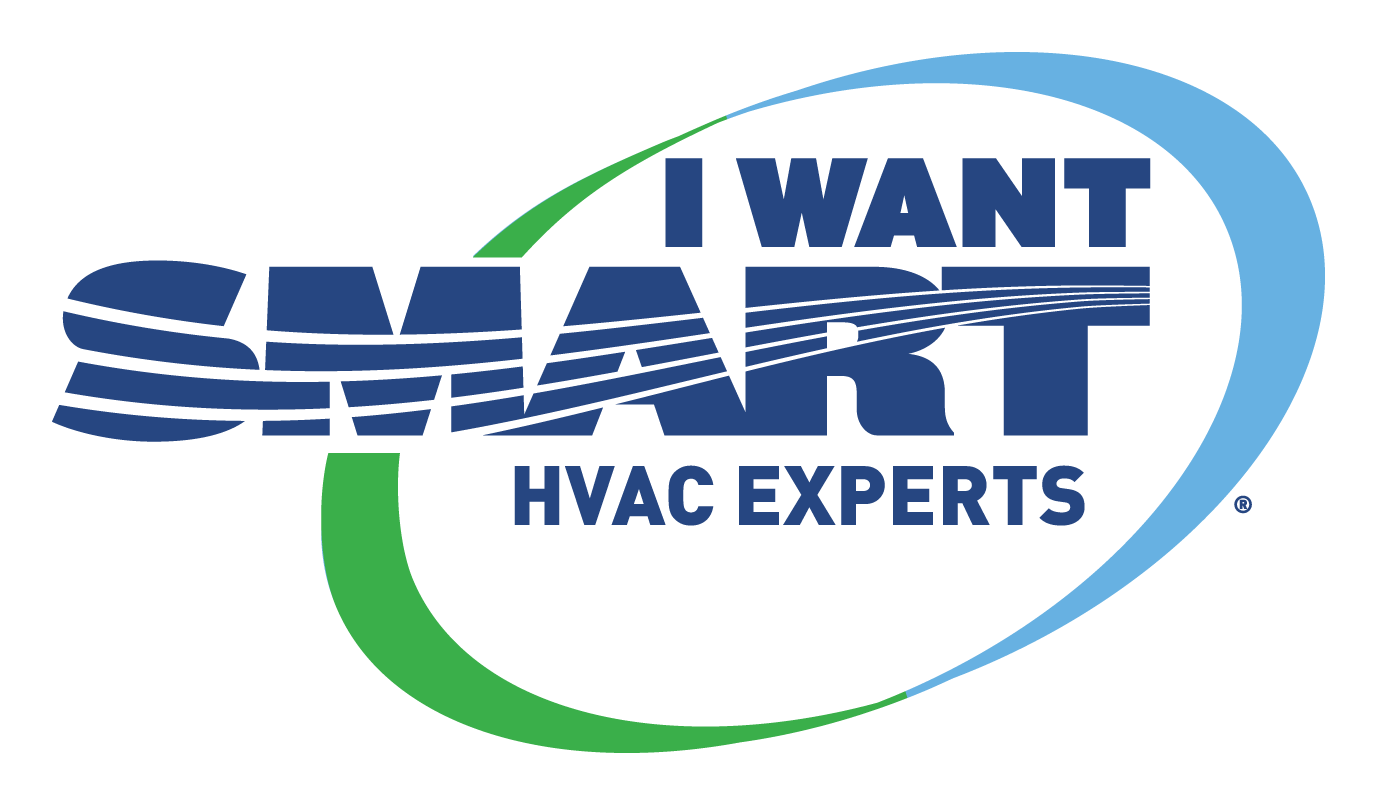When Should You Think About Your HVAC?
When Should You Think About Your HVAC?
Admit it: You probably don’t think about your indoor comfort system until it stops working and you become either too cold or too hot. It’s human nature to put something in the back of your mind as long as it doesn’t cause a problem and stays in the background.
And you might think of your heating and cooling system as just a “box” that can be turned on or off in order to control your temperature. But your system is a lot more than that.
It doesn’t just control temperature. It has an impact on the air that you breathe, on moisture and mold growth, the amount of energy that you use and money that you spend, and most importantly, on you and your family’s health.
Don’t ignore your heating and cooling system. Your HVACR system is a great big mechanical system, just like your automobile. You know that you need to keep your car tuned up and get your oil changed regularly. Your comfort system also requires regular maintenance from qualified specialists.
Ignoring your comfort system means it will break down more, need replacement sooner, cost you more money throughout its shortened lifespan, and it might impact your health.
from – www.acca.org/homes/

